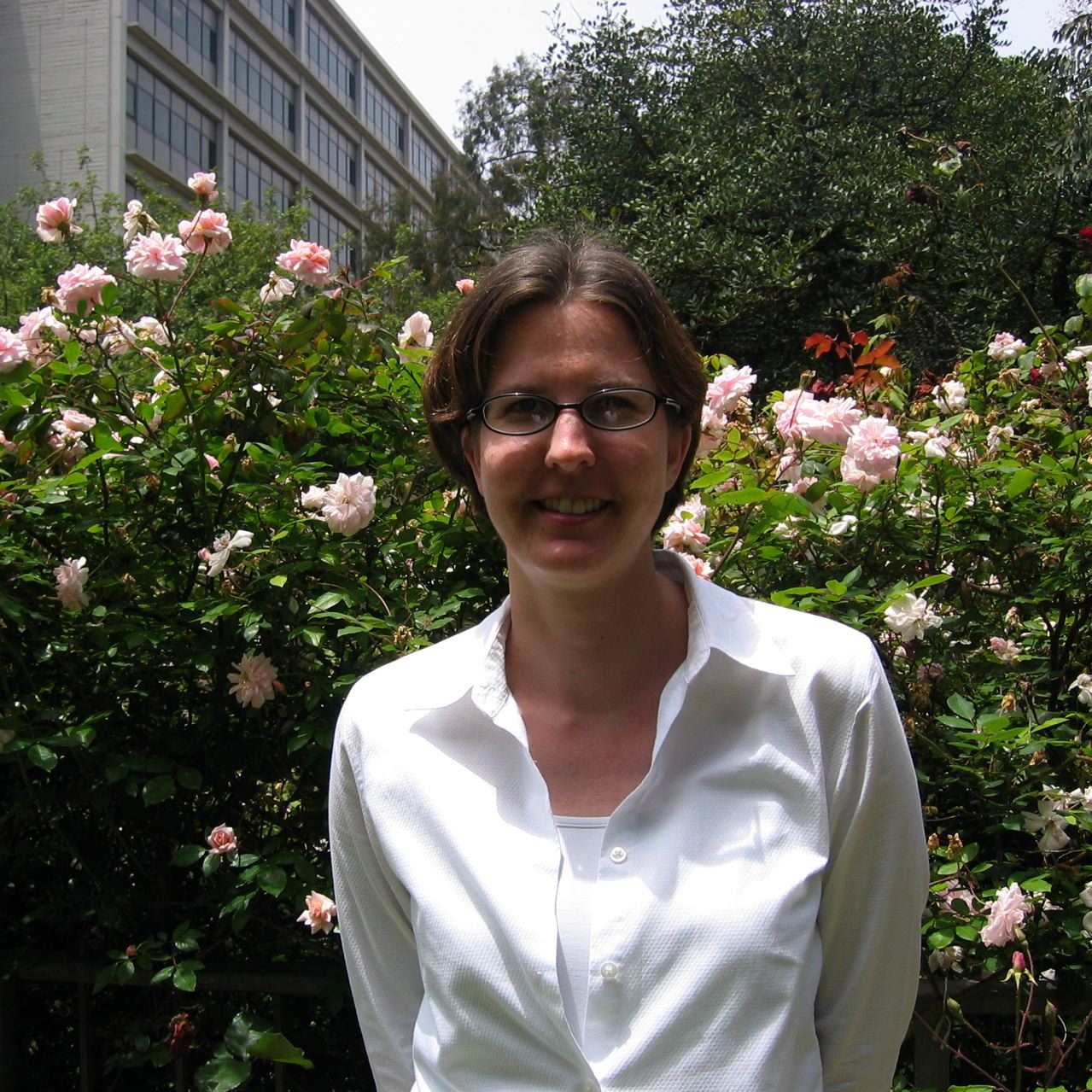Cloning, Mechanistic Study, and Inhibition of Polyketide Synthase Thioesterase Domains as Anti-Cancer Agents
Tiffany Barrows Yano
Appointment Period: 2005-2007 / Grant Years: [21,22]
 Polyketides are a diverse group of natural products with clinical applications, which include use as antibiotics, immunosuppressents, and anti-cancer agents. Understanding how the growing polyketide interacts with the various domains of these megasynthases will help in designing reasonable pathways to new therapeutics. By studying the terminal thioesterase domain, responsible for cyclization and hydrolysis of the nascent compound, we hope to learn what interactions are important in the final step of synthesis. These tools will allow us to develop novel routes to produce anticancer polyketides that have been the focus of our laboratory.
Polyketides are a diverse group of natural products with clinical applications, which include use as antibiotics, immunosuppressents, and anti-cancer agents. Understanding how the growing polyketide interacts with the various domains of these megasynthases will help in designing reasonable pathways to new therapeutics. By studying the terminal thioesterase domain, responsible for cyclization and hydrolysis of the nascent compound, we hope to learn what interactions are important in the final step of synthesis. These tools will allow us to develop novel routes to produce anticancer polyketides that have been the focus of our laboratory.
We chose two model systems to use in our study; the thioesterase from the well studied 6-Deoxyerythronolide B synthase (DEBS-TE) and the thioesterase from the recently discovered Mycolactone synthase (ML-TE). To date the TE monodomains from both DEBS and ML have been cloned, expressed and purified. Additionally, didomains, containing the penultimate domain (an acyl carrier protein responsible for transferring the growing polyketide to the TE domain) in cis with the TE domain, have been cloned and expressed. Finally two high throughput assays have been developed, and an initial compound has been tested for inhibition of TE catalyzed hydrolysis. Once pure protein is obtained, many newly synthesized inhibitors will be examined for their structure activity relationships. Such studies will inform us about the importance of specific functional groups to the cyclization and hydrolysis of nascent polyketides.
Meier JL, Barrows-Yano T, Foley TL, Wike CL, Burkart MD. The unusual macrocycle forming thioesterase of mycolactone. Mol Biosyst. (2008) 4:663-71. PMID: 18493665.
 Polyketides are a diverse group of natural products with clinical applications, which include use as antibiotics, immunosuppressents, and anti-cancer agents. Understanding how the growing polyketide interacts with the various domains of these megasynthases will help in designing reasonable pathways to new therapeutics. By studying the terminal thioesterase domain, responsible for cyclization and hydrolysis of the nascent compound, we hope to learn what interactions are important in the final step of synthesis. These tools will allow us to develop novel routes to produce anticancer polyketides that have been the focus of our laboratory.
Polyketides are a diverse group of natural products with clinical applications, which include use as antibiotics, immunosuppressents, and anti-cancer agents. Understanding how the growing polyketide interacts with the various domains of these megasynthases will help in designing reasonable pathways to new therapeutics. By studying the terminal thioesterase domain, responsible for cyclization and hydrolysis of the nascent compound, we hope to learn what interactions are important in the final step of synthesis. These tools will allow us to develop novel routes to produce anticancer polyketides that have been the focus of our laboratory.